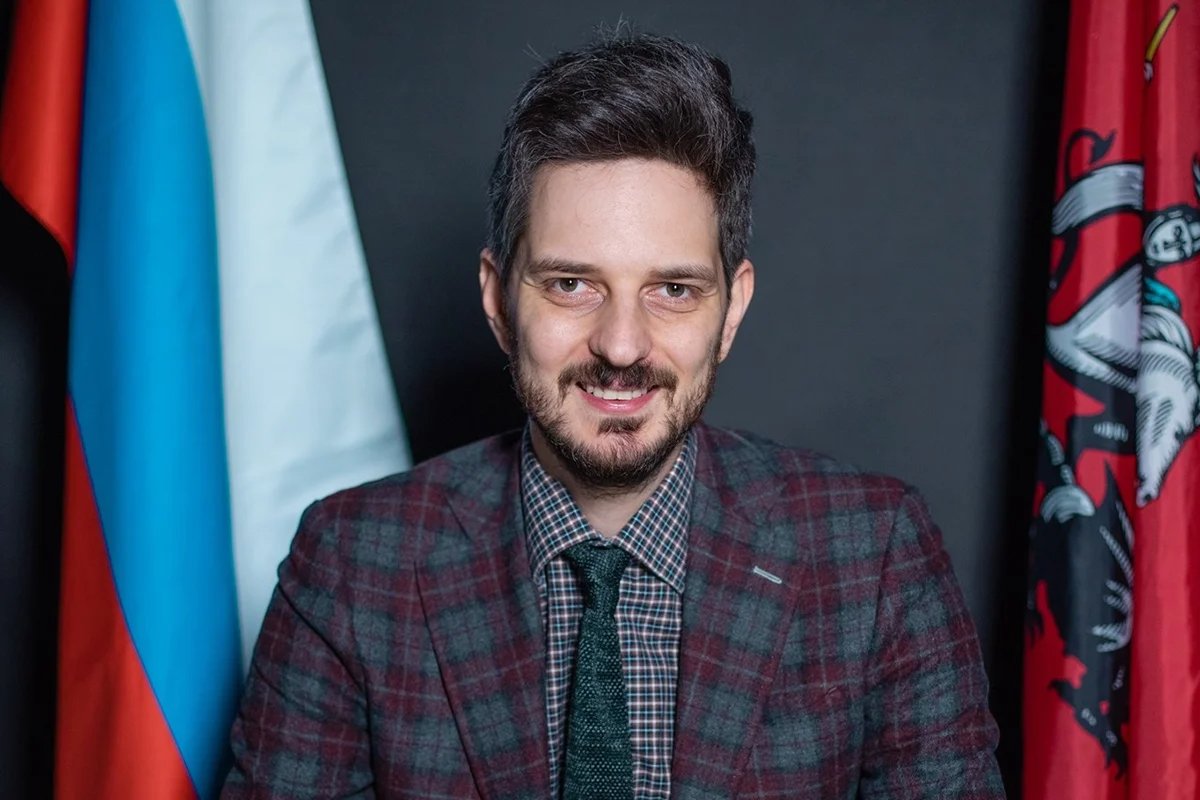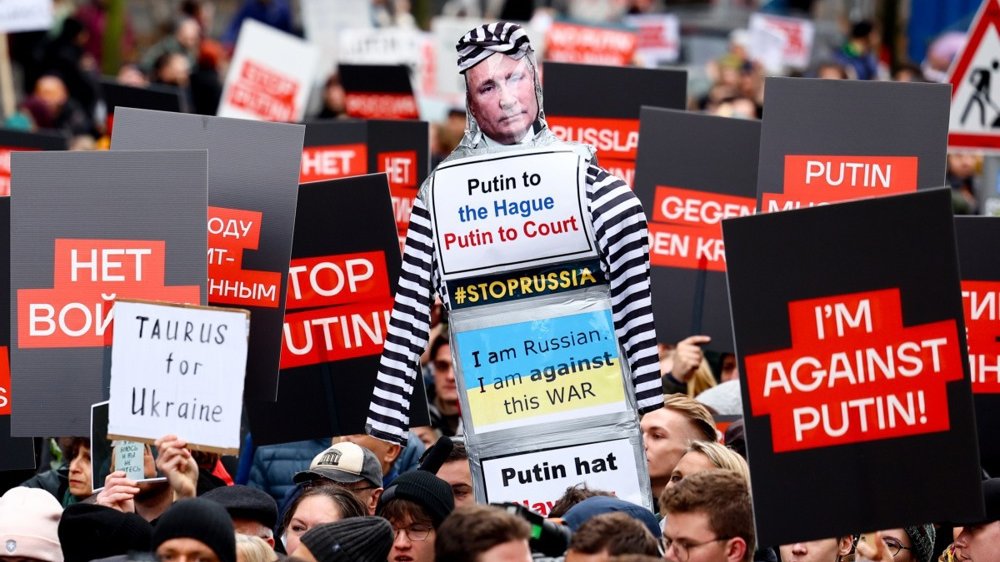There is a seemingly insurmountable rift within the Russian democratic opposition in exile. But bringing Russia’s democratic forces together is no abstract goal, it is an absolute necessity, without which Russia can have no effective mechanism to end the war or to resist the authoritarianism of the Kremlin regime.
Expecting the neutral, undecided elements of Russian society to see the opposition as a real moral and political alternative to Putin is unreasonable if it presents itself as a group beset by infighting and rivalries rather than a monolithic anti-Putin force with clear objectives and demands.
A unified opposition doesn’t mean creating a single “democratic Communist Party” or a rigid hierarchy under a single leader or organisation. That would be impossible, and nobody wants it anyway. It means coordinated action at critical moments and cooperation in the spheres that matter the most: politics and human rights.
Some sceptics will say that the disagreements between the various opposition groups are too deep and impossible to resolve. But in fact, they are either purely personal or the result of the rivalries that developed between different factions as they vied with one another for influence. It is these disputes between the leaders of the Russian opposition and between their respective teams which create an image of disarray. Grass-roots organisations and ordinary members of the anti-war movement manage to communicate and cooperate seamlessly.
Division among the ranks of the opposition pales into insignificance when compared to the everyday death and destruction in Ukraine, of course. If we really want to stop the war and reduce the number of casualties, we must look for ways to unite.
The release of political prisoners that resulted from the August exchange has provided the opposition with a unique opportunity to come together. The emergence of new faces from the opposition movement — Yulia Navalnaya, Ilya Yashin and Vladimir Kara-Murza, all acting together — was a very important moment. Despite having to be organised with very little time, their idea of holding a Russian opposition march in Berlin earlier this month was a total success.
A joint conference by anti-war forces on a strategy for change in Russia could be that next step, and all the important anti-war opposition groups focused on working within Russia would need to be there.
We mustn’t miss this opportunity. While the march organisers may not have sufficiently coordinated their efforts with other opposition groups and diaspora communities around Europe, that doesn’t mean the next step can’t be better prepared.
A joint conference by anti-war forces on a strategy for change in Russia could be that next step, and all the important anti-war opposition groups focused on working within Russia would need to be there.
It could be initiated by more neutral anti-war civic organisations and people from the Russian-speaking diaspora communities, or by Navalnaya, Yashin and Kara-Murza, whose leadership continues to inspire confidence in different opposition groups.

Georgy Alburov, Ivan Zhdanov, Maria Pevchikh. Photo: FBK
The leading anti-war forces outside Russia are currently: The Anti-Corruption Foundation (FBK), led by Leonid Volkov, Maria Pevchikh and Ivan Zhdanov; The Anti-War Committee, led by Mikhail Khodorkovsky, and Maxim Katz and his supporters.
The largest anti-war survey, Stop the War with Ukraine, over 80% of whose respondents are in Russia, paints an unambiguous picture: people do take the opposition in exile seriously, look to it for guidance and expect real unity from it, and are horrified by the current infighting they see in it.
The latest survey was conducted after the Solidarity March in Berlin organised by Navalnaya, Yashin and Kara-Murza. Their initiative has effectively created a new political entity within the opposition.

Maxim Katz. Photo: social media
The survey showed that a clear majority of respondents are not satisfied with how the opposition is currently organised; believe that an anti-war coalition is needed; and want to see Navalnaya, Yashin, Kara-Murza, Katz, the Anti-War Committee and members of grass-roots anti-war organisations in that coalition.
Without Navalnaya, the FBK received somewhat less support, but is still perceived as an important member of the coalition. Respondents essentially want to see a grand coalition that encompasses everyone.
In writing this, I would like to underscore that our positions and proposals are based on the real opinions of people with anti-war views. The situation with the war and inside Russia is reaching breaking point. There are no superfluous characters within the democratic opposition and we must use everyone we have at our disposal. Opposition politicians who ignore the needs of their supporters in Russia will begin to lose their trust.
Lev Ponomaryov, Yelena Kotyonochkina, Oleg Yelanchik
The Andrey Sakharov Movement for Peace, Progress and Human Rights

